Ōkubo Toshimichi MBTI 성격 유형
인격
"Ōkubo Toshimichi은 어떤 성격 유형입니까? Ōkubo Toshimichi은 mbti의 INTJ 성격 유형입니다. enneagram의 1w9 - sp/so - 153, big 5의 RCOEI, socionics의 입니다."
Why INFJ? This man was a classic example of Ni-Te. His lack of Fe got him killed eventually.
전기
Ōkubo Toshimichi (大久保 利通, 26 September 1830 – 14 May 1878) was a Japanese statesman and one of the Three Great Nobles regarded as the main founders of modern Japan. Ōkubo was a samurai of the Satsuma Domain and joined the movement to overthrow the ruling Tokugawa Shogunate during the Bakumatsu period. Upon the founding of the new Empire of Japan, Ōkubo became a leading member of the Meiji Restoration and a prominent member of the Meiji oligarchy. Following his return from the Iwakura Mission in 1873, he became Lord of Home Affairs and used his office's authority to rapidly expand his influence within the Restoration government. By the beginning of 1874, he had firmly established himself as the country's de facto dictator.In this capacity, he enacted numerous structural reforms, pacified disputes within the Meiji regime at the Osaka Conference of 1875, and suppressed several rebellions threatening the survival of the empire.
인격 correlate
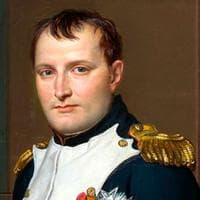
Napoléon Bonaparte

Otto von Bismarck
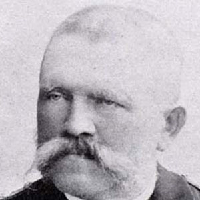
Alois Hitler
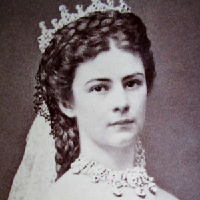
Empress Elisabeth of Austria
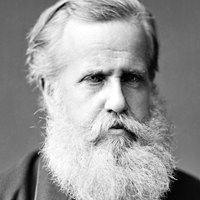
Pedro II of Brazil
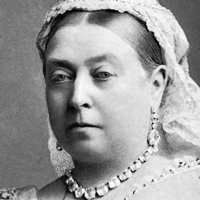
Queen Victoria

Frederick Douglass

Alexander I of Russia








